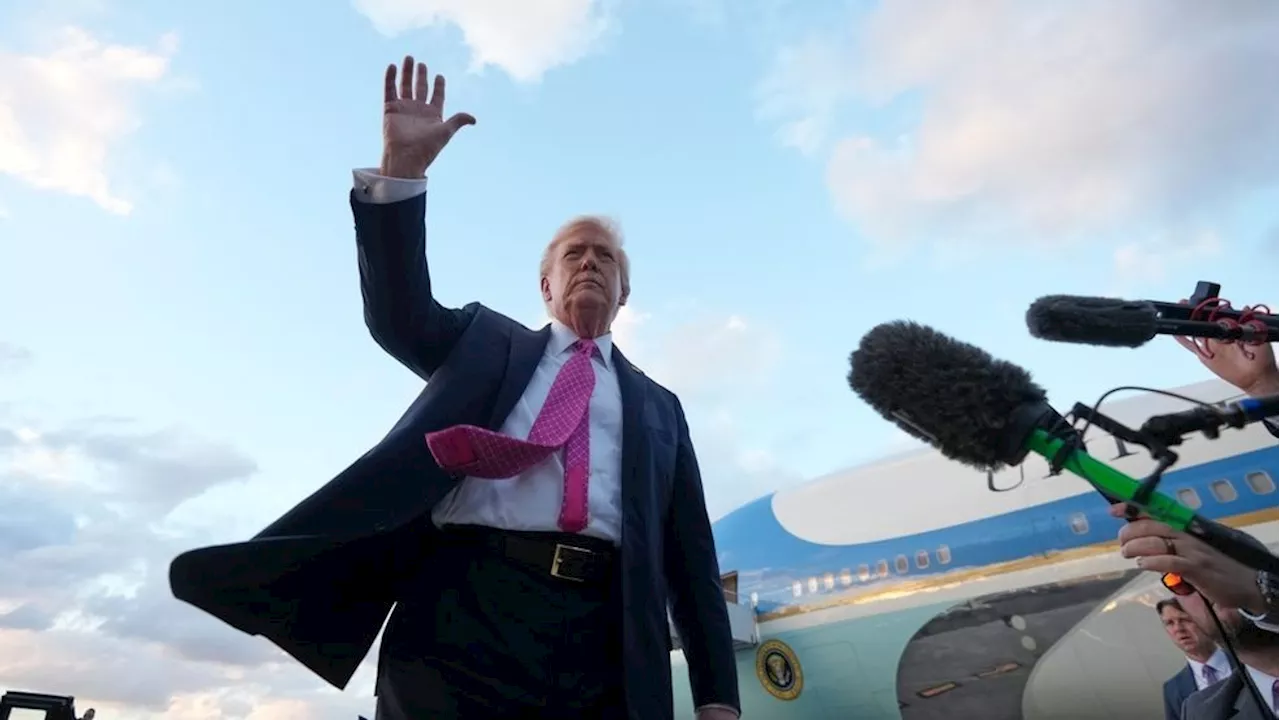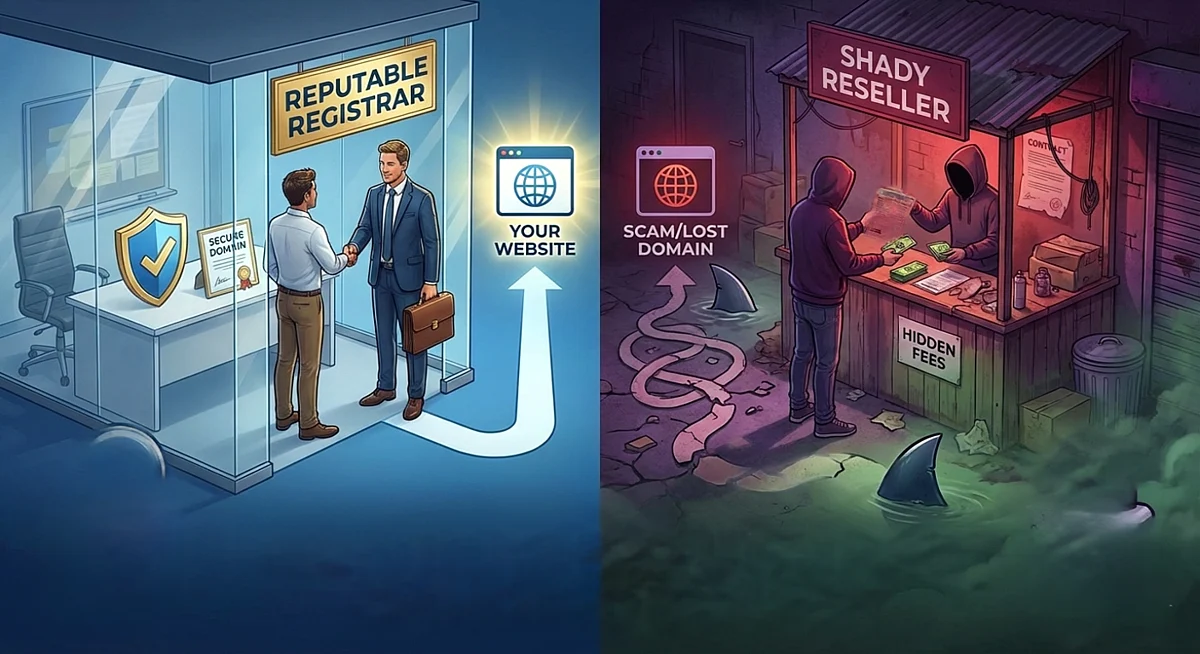President Donald Trump has announced potential new tariffs on Colombia, marking another shift in U.S. trade policy as his administration grapples with ongoing legal challenges related to its tariff powers. This announcement coincides with a Supreme Court hearing scheduled for early November 2023, where the court will assess the administration’s authority to impose significant tariffs.
The Trump administration’s trade strategy has evolved since the initial rollout of tariffs in April. Recent changes include exemptions for certain products, such as specific lumber and metals, which the White House cited as “largely unavailable natural resources.” This selective exemption approach illustrates the complexities of balancing national manufacturing needs with international trade commitments.
In addition to these exemptions, the administration is actively utilizing trade laws, particularly Section 232, to expand tariffs on imported goods. Recently, tariffs were imposed on trucks, truck parts, and buses, further complicating the trade landscape. Businesses are currently absorbing these costs, but analysts express concerns that this tactic may not be sustainable in the long run. Economic experts are closely monitoring how these tariffs could affect consumer prices.
As the legal situation unfolds, the administration’s position before the Supreme Court is critical. A ruling against Trump could lead to the removal of approximately 70% of the current tariffs and the potential for the U.S. government to refund around $165 billion in tariff revenue. The implications of this ruling could significantly impact both domestic businesses and international trade relations.
The backdrop of these developments includes heightened tensions between the U.S. and Colombia, particularly regarding drug trafficking. Gustavo Petro, Colombia’s president, has been criticized by Trump for perceived failures in combating drug production. This has led to calls for aid cuts and tariffs, further straining bilateral relations.
The forthcoming Supreme Court decision stands to reshape the future of U.S. trade policies and their ramifications for both local businesses and the global economy. With the stakes high, the intersection of international trade, legal authority, and political maneuvering continues to define this evolving narrative.







